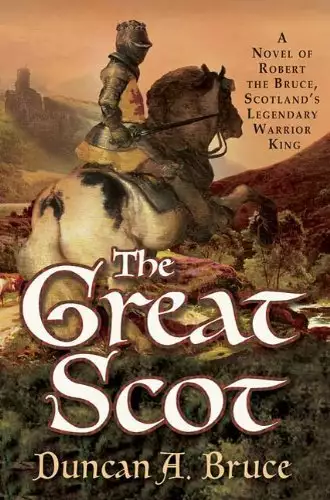The Great Scot
We hope you are enjoying the book so far. To continue reading...
The Great Scot
Duncan A. Bruce
Copyright © 2026 All Rights Reserved
Close
